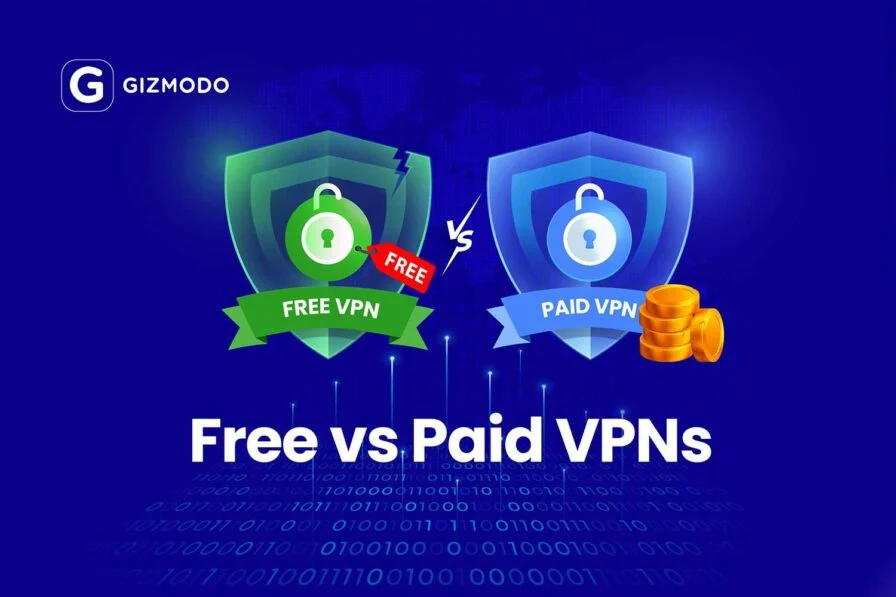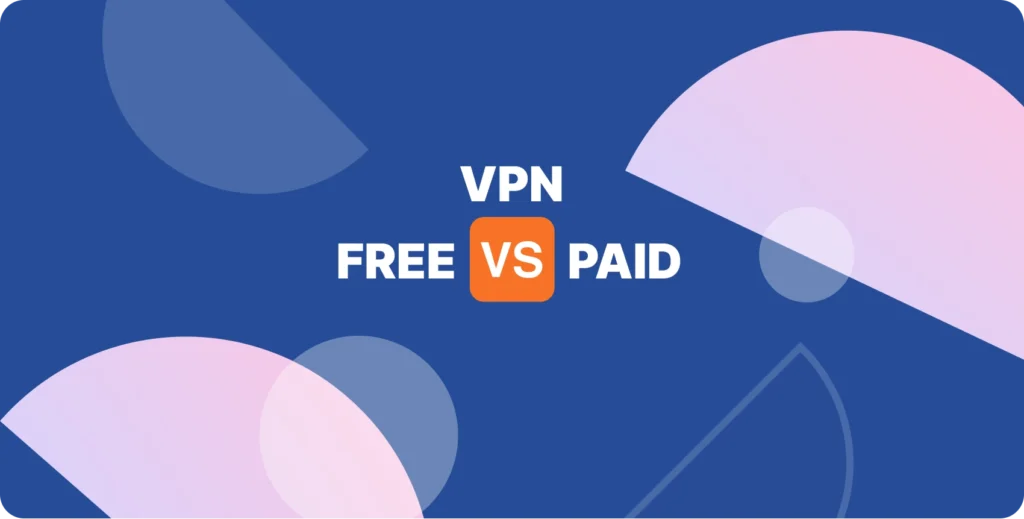Living in Dubai comes with a host of benefits — world-class infrastructure, a bustling expat community, and a lifestyle that blends tradition with modernity. But when it comes to the digital world, things get a little complicated. With restrictions on certain websites, VoIP calls, and online content, many residents and visitors turn to Virtual Private Networks (VPNs) to access what’s off-limits.
The debate about whether to use a free VPN or a paid one in Dubai is one that many people find themselves in. It sounds tempting to pick a free option, especially when all you want is to access a blocked website or make a quick video call. But is it really worth the risk?
Here’s a human look at the pros, cons, and everything you should know before choosing a VPN service in Dubai.

Why People Use VPNs in Dubai
Before diving into the free vs paid debate, it’s important to understand why VPNs are so popular in Dubai.
From expats wanting to call home via WhatsApp or Skype, to residents trying to stream their favorite international TV shows, the reasons are endless. Certain social and communication apps are restricted, and several entertainment platforms are geo-blocked. A VPN allows users to bypass these digital walls by masking their location and encrypting their internet connection.

It’s not just about entertainment either. Many people use VPNs for privacy, especially when connecting to public Wi-Fi in cafes, airports, or malls. Protecting personal information from hackers and snoops is a growing concern in the UAE’s tech-driven society.
The Reality of Using a Free VPN in Dubai
Let’s be honest — who doesn’t love free stuff? The appeal of a free VPN is hard to resist, especially when it promises instant access to blocked sites without any sign-ups or payments.
But as with most things in life, if it sounds too good to be true, it probably is.
Most free VPNs come with significant limitations. From slow speeds to intrusive ads, using a free VPN can quickly turn from convenient to frustrating. The real issue, however, lies in how these services manage your data.
In order to stay “free,” many of these providers log your personal information and browsing habits, selling it to advertisers or third parties. Not exactly the privacy most people think they’re getting.
Moreover, free VPNs often lack strong encryption standards. This leaves your data vulnerable to prying eyes, including cybercriminals or even unauthorized authorities. And in a place like Dubai, where the laws around VPN use are strict, the risks increase if you’re using an unreliable service.

What Paid VPN Services Offer in Dubai
On the other hand, paid VPN services are designed to prioritize both security and user experience. They come with reliable encryption protocols, faster servers, and a range of locations to choose from. This ensures smoother video calls, buffer-free streaming, and uninterrupted browsing — something that free VPNs rarely deliver consistently.
A good paid VPN also promises a strict no-logs policy, meaning your online activities aren’t stored or tracked. In a city like Dubai where digital privacy matters, this is a feature worth paying for.
Another advantage is customer support. Paid VPN services typically offer 24/7 assistance, something you’ll sorely miss with a free option if you run into trouble.
Is It Legal to Use a VPN in Dubai?
This is a question that often confuses both residents and tourists. The simple answer is — VPNs themselves aren’t illegal in the UAE. It’s how you use them that matters.
Using a VPN for legitimate purposes like securing personal data, accessing your company’s internal network, or browsing international news is generally acceptable.
However, using a VPN to commit illegal acts, including accessing banned content, making VoIP calls via restricted apps, or violating national regulations, can result in hefty fines or legal consequences.
This is why choosing a trustworthy VPN provider, whether free or paid, is crucial. A poor-quality service can expose you to more risks than it protects you from.

Free VPN: The Pros and Cons
Pros:
- No upfront costs
- Easy to download and use
- Great for occasional, non-sensitive browsing
Cons:
- Slower internet speeds
- Limited server locations
- Risk of data logging and selling
- Weak encryption and security features
- Annoying pop-ups and intrusive ads
Free VPNs might work fine for temporarily accessing harmless websites or reading international news. But if your online activity involves personal chats, financial transactions, or sensitive work information, you’re better off steering clear.
Paid VPN: The Pros and Cons
Pros:
- Strong encryption and security protocols
- Faster and more stable internet connections
- Wide range of global servers
- No data logging
- Reliable customer support
- Extra features like kill switches and malware protection
Cons:
- Monthly or yearly subscription costs
- Might require technical setup for advanced features
In a city where digital privacy is a serious topic, paid VPNs offer peace of mind. The cost is typically reasonable, especially considering the level of security and service you receive in return.

Which One Should You Choose?
If you’re someone who rarely uses a VPN and only needs it for occasional browsing, a free VPN might seem like an easy option. However, you’ll need to be very selective and cautious about which one you choose.
On the other hand, if you regularly stream videos, make VoIP calls, or handle sensitive information, investing in a paid VPN is a smarter and safer choice.
It’s not just about convenience — it’s about protecting yourself in a city with strict online policies. A reliable paid VPN service ensures your digital footprint stays private and your browsing experience remains smooth and secure.
Things to Consider Before Picking a VPN in Dubai
Whether you lean towards a free or paid VPN, there are some important factors to consider:
- Privacy Policy: Always read the fine print. Make sure the service you’re using doesn’t log your activity or share it with third parties.
- Server Locations: The more, the better. This ensures faster speeds and more options for bypassing geo-blocked content.
- Encryption Standards: Look for VPNs that offer strong encryption protocols like AES-256.
- Compatibility: Check if the VPN works on all your devices — smartphones, laptops, smart TVs, and more.
- Customer Support: Especially crucial for paid services. Round-the-clock support can be a lifesaver.
The Smart Way to Use a VPN in Dubai
Regardless of which VPN you pick, it’s wise to use it responsibly. Avoid illegal activities and respect local laws. Stick to legitimate reasons like safeguarding your privacy or accessing international content unavailable in your region.
Use VPNs on secure networks whenever possible, and always keep your app updated to the latest version. Cybersecurity is a moving target, and the only way to stay ahead is by staying informed.

Final Thoughts: Free vs Paid VPN in Dubai
The conversation about free versus paid VPN services isn’t just about money — it’s about safety, speed, and privacy. Free VPNs may offer a quick fix, but they often come with compromises that put your personal data at risk.
Paid VPNs, while requiring a subscription, offer reliable security, better performance, and peace of mind, especially in a digitally monitored environment like Dubai.
If your online activity is minimal and you’re okay with slower speeds and occasional ads, a free VPN might do the job for now. But if you value your digital privacy and want a seamless browsing experience, investing in a trusted paid VPN is undoubtedly the better path.
At the end of the day, it’s about choosing what works for your lifestyle and digital habits in one of the world’s most connected cities.
Do follow UAE Stories on Instagram













